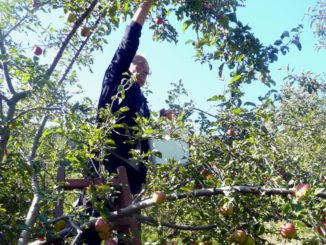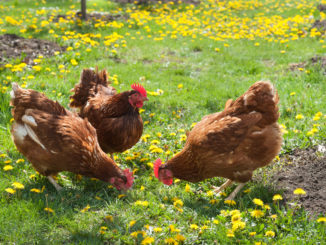In part two of this exclusive three parter on Spain’s internal CAP debate, Marta Zygadlo delves deeper into the substance of the position adopted by Spain with regard to the European Commission’s CAP consultation, focusing here on financing. Part 1 is here.
By Marta Zygadlo
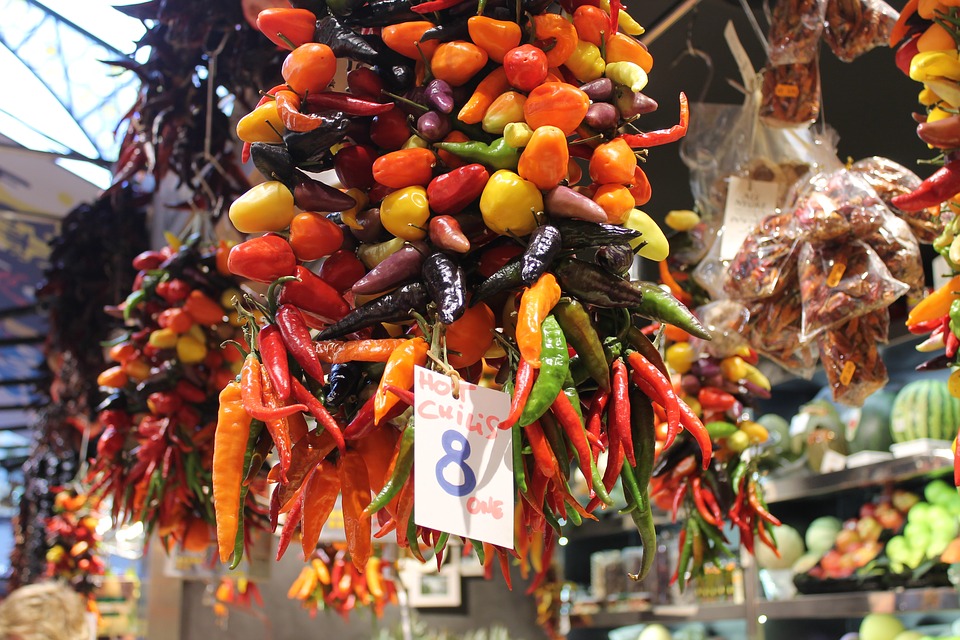
Key document: Spain’s Ministry of Agriculture CAP consultation document
Without a doubt sufficient budget is one of Spain’s main concerns for the new CAP (1). As with France and Portugal, but unlike Holland (2), Spain advocates for a strong CAP highlighting that it is a fundamental tool to maintain European project. Consequently it needs sufficient budget to continue being such tool.
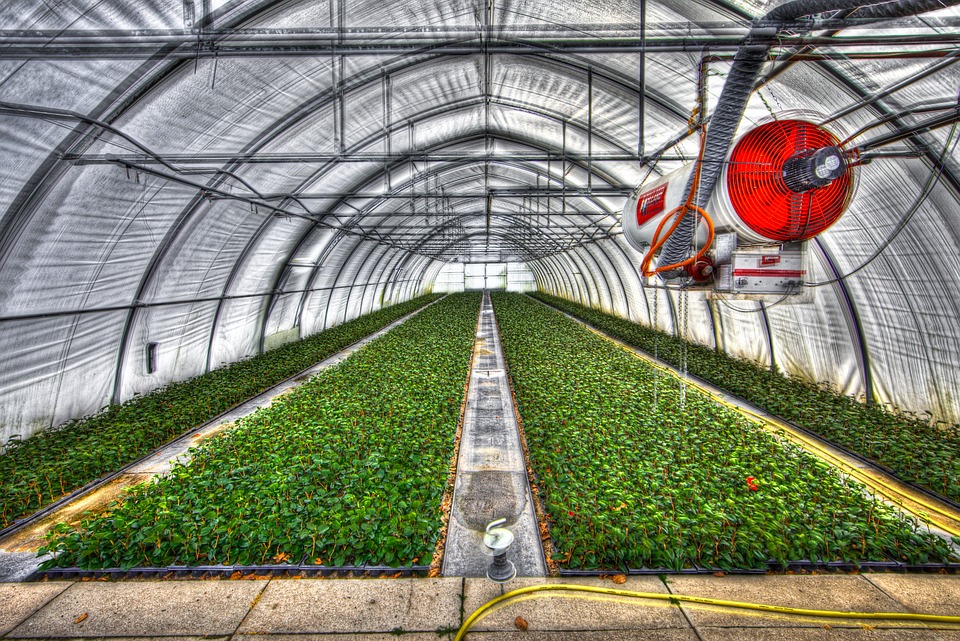
Thus, Spain position regarding CAP’s financing, direct payments and farmers support is as follows:
- The EU’s budget should maintain 100% of financing for directs payments in the new CAP.
- Decoupled and coupled payments should continue. The first ones should maintain the important role in stabilizing and maintaining the farmers’ income. Those linked to production are fundamental for maintaining of determined vulnerable sectors specially in disadvantaged zones or areas with natural constraints.
- The climate and environmental benefits of direct payments can be improved, if farmers and livestock breeders dispose of necessary incentives to adopt better agricultural practice and production models.
- When it comes to Mediterranean agriculture, the new CAP should maintain specific programs for supporting wine, fruits and vegetables and apiculture and strengthen its commitments for quality and value added of such productions.
At the same it is insisted more than ever that the new CAP should focus on farmers and livestock breeders that are carrying out the real agrarian activity.
With regard to safety nets the new CAP should maintain them, but it should introduce new measures and procedures and update its functioning and implementation in order to operate in a preventive way. For this purpose indicators developed within the framework of specific price observatories should be used. Market crises should be confronted using European common perspective.
Furthermore, Spain wants that the new CAP address market volatility of agricultural markets by facilitating necessary knowledge acquisition among farmers regarding how to manage any kind of risks that can affect their activities, including income stabilizing tools.
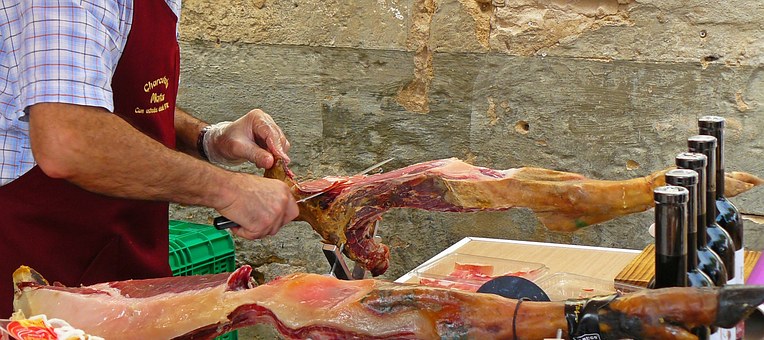
Spain also identified gaps related to food-chain. The new CAP should incorporate the recommendations of the Task Force regarding agro-food markets, particularly those aimed to combat unfair commercial practice at the EU level, including designation of independent control authorities that will act with European common perspective.
Moreover, the future CAP should reinforce the promotion of producers and inter-professional organizations. At the same time Spain claims that more clarity should be given when establishing in which terms the competition rules should adapt to agricultural sector, especially to producers and inter-professional organizations.
The price formulation along the food chain is one of the issues about which the whole agri-food sector in Spain is worried. While the CAP was an excellent tool to spread information regarding production, but it should improve when it comes to providing better information about of the rest of the chain’s links, above all through price observatories.
The final paragraph is devoted to rural development. It acknowledges that the aging of rural population and rural depopulation are major problems that affects Spain’s’ rural areas. While admitting that these issues moves beyond CAP’s scope, it states that synergies with the actions taken trough others structural funds such European Agricultural Fund for Rural Development (EAFRD), European Social Fund (ESF) and Horizon 2020 should be sought.
Furthermore, Spain acknowledges that the lack of opportunities for the young and for women, is a root cause of aging and depopulation problems and of the lack of generational renewal in agriculture and livestock breeding. The new CAP should be an opportunity to make a qualitative and quantitative leap towards supporting and promoting women and young. The objective of the professional incorporation should not be limited by administrative burdens.
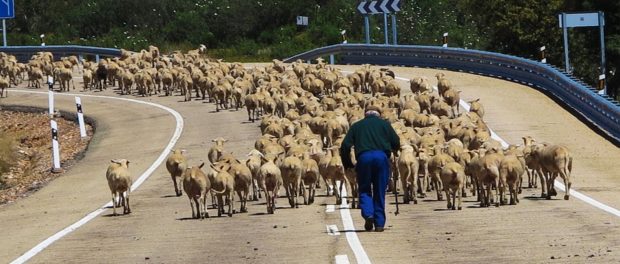
The text explains that agricultural sector is driving force of Spanish economy, particularly of the rural economy. Modernisation and rural structure improvements should continue to be the central point of rural development policies. Spain considers that by boosting supports to investment in agrarian and livestock farms and forestry, the goals of climate change adaptation and mitigation of its consequences (including scarcity and irregularity of rainfalls and environmental preservation) may be better achieved. Spain is convinced that such measures will result in tangible advancements in terms of green gas emissions reduction or carbon absorption in agrarian and forestry soils, and efficient water and energy use as well, when promoting competition of farms and forestry.
The new CAP should seek in its measures synergies with EU’s policies regarding circular economy and bio economy, and also sharing their goals. Applying such principles will suppose an opportunity for rural areas, by allowing economically viable activities’ development and taking advantage of agrarian, livestock, forestry resources or those of the argi-food industry.
Finally, knowledge and innovation are for Spain the principle instruments to face the challenges of the agri-food sector in the next decades. They allow transition to more sustainable production models using for this purpose fewer resources. Thus, the new CAP should enhance more the transmission of knowledge and innovation through training. Furthermore, it should facilitate adoption of the knowledge society and smart agriculture principles and facilitate farmers benefiting from the potential of information resources accessed via new technologies, digitization and Big Data.
Coming next – part three, where we explore dissenting voices to the official CAP position adopted by Spain.
(1) Spain, in particular the Spanish Agriculture Ministry, rejects any CAP co-financing proposals in the EU budget. In such a case the cost for the Spanish Public Treasury will be very significant and will affect all deficit plans of the Government and the position of the Ministry within the Government. It is assumed that the budget items would have to be increased, but also that they will never be similar to what will be lost with this co-financing formula. Its is clear that the sector would lose funds.
(2) As stated by Jan G. Sevenster Director of Agrarian Economy, Secretary of Agriculture of Netherlands, they want to make their CAP’s proposal realistic and departure from much lower budget. Rather than increasing their contributions, they focus on reorienting agriculture, boosting companies that look at the market and do not need continuous support. They advocate transforming payments per hectare into specific payments for each activity and for insurance.
 Marta Zygadlo is a lawyer based in Barcelona, Spain. Her professional background is Law, which she studied in Poland, Germany and Spain. Having practiced several years in trademark law, she decided to shift her career and to specialize in areas that she is passionate about – those related to food systems. At the moment, she is completing the Master in Food, Society and International Food Governance at the Open University of Catalonia. Her interests encompass topics and areas like sustainable food systems, food security based on the right to food, food sovereignty, food law and food policies.
Marta Zygadlo is a lawyer based in Barcelona, Spain. Her professional background is Law, which she studied in Poland, Germany and Spain. Having practiced several years in trademark law, she decided to shift her career and to specialize in areas that she is passionate about – those related to food systems. At the moment, she is completing the Master in Food, Society and International Food Governance at the Open University of Catalonia. Her interests encompass topics and areas like sustainable food systems, food security based on the right to food, food sovereignty, food law and food policies.



